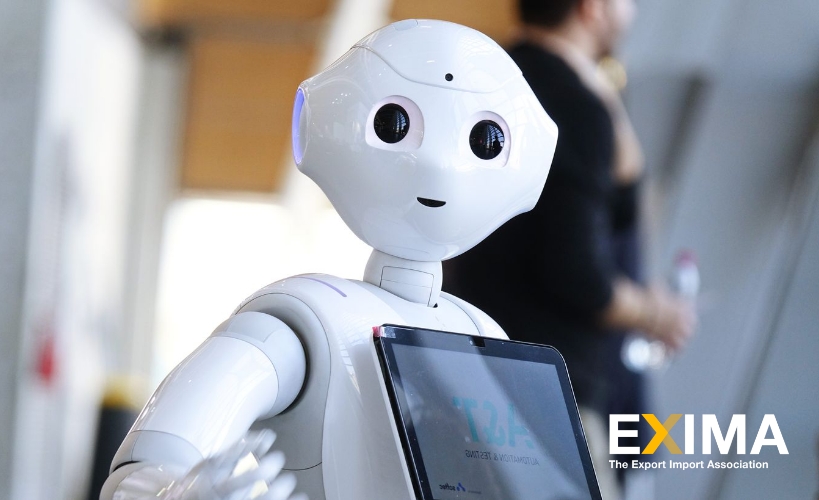Latest technologies such as artificial intelligence (AI) and advanced data analytics are changing international trade. They are facilitating innovative business models, generating new revenue streams, lowering geographical barriers, and creating products and services that are more customer-focused, resourceful, and inter-connected.

Companies, especially e-commerce giants like Amazon, Alibaba, Home Depot, and Rakuten, are successfully harnessing AI and big data to enhance their value chains and attract new customers. They are precisely gauging market trends, forecasting future demands, and understanding customer preferences in order to target them with personalized offerings when they are most needed.
Thus, it seems like the future belongs to the more tech-savvy and innovation-hungry generations around the world. According to Joshua Meltzer, Senior Fellow at The Brookings Institution, technologies like AI and big data have the potential to transform international trade. He stated, “already, specific applications in areas such as data analytics and translation services are reducing barriers to trade… At the same time, there are challenges in the development of AI that international trade rules could address, such as improving global access to data to train AI systems.”
AI and data analytics can lead to better delivery systems that use drones and autonomous vehicles, as well as better decision making, while businesses can rely on data analysis to make more accurate and timely decisions. This will enhance productivity which will automatically make value chains more agile, boost overall economic growth, and provide new prospects for international trade.
They could also be used to improve the outcomes of international trade negotiations. For instance, AI and data analytics can better analyze each negotiating partner’s economic trajectories under various assumptions, including trade negotiation results and how these are affected in a multiplayer scenario where trade restrictions are reduced at different rates. They will also make forecasting the reaction of economies that are not even part of the negotiation easier.
However, many industry analysts have cautioned that some jobs will disappear as a result of the widespread use of technology in trade. But, as we have witnessed from previous industrial revolutions, this will also create a number of new jobs, transforming the existing labor market canvas and creating new tech-centric employment opportunities.
Overall, the tech revolution, like any other discoveries, interventions, and developments, will bring various changes to international trade; changes that cannot be categorized as good or bad, but simply changes that are unavoidable and very necessary.

Learn More with EXIMA
EXIMA’s ultimate goal is to provide our users with all the knowledge we have on international trade. For more information, make sure to check out our other articles here!


